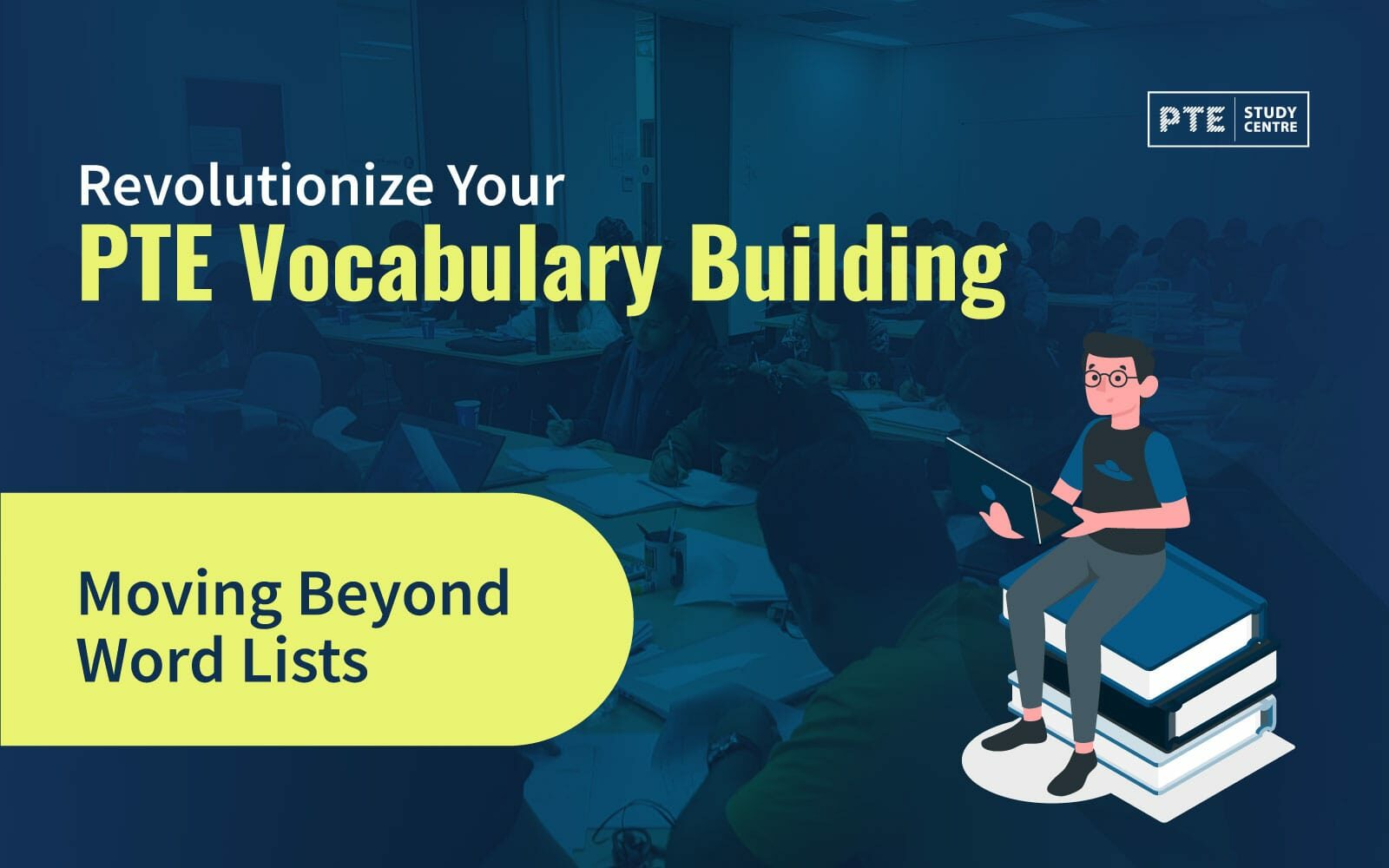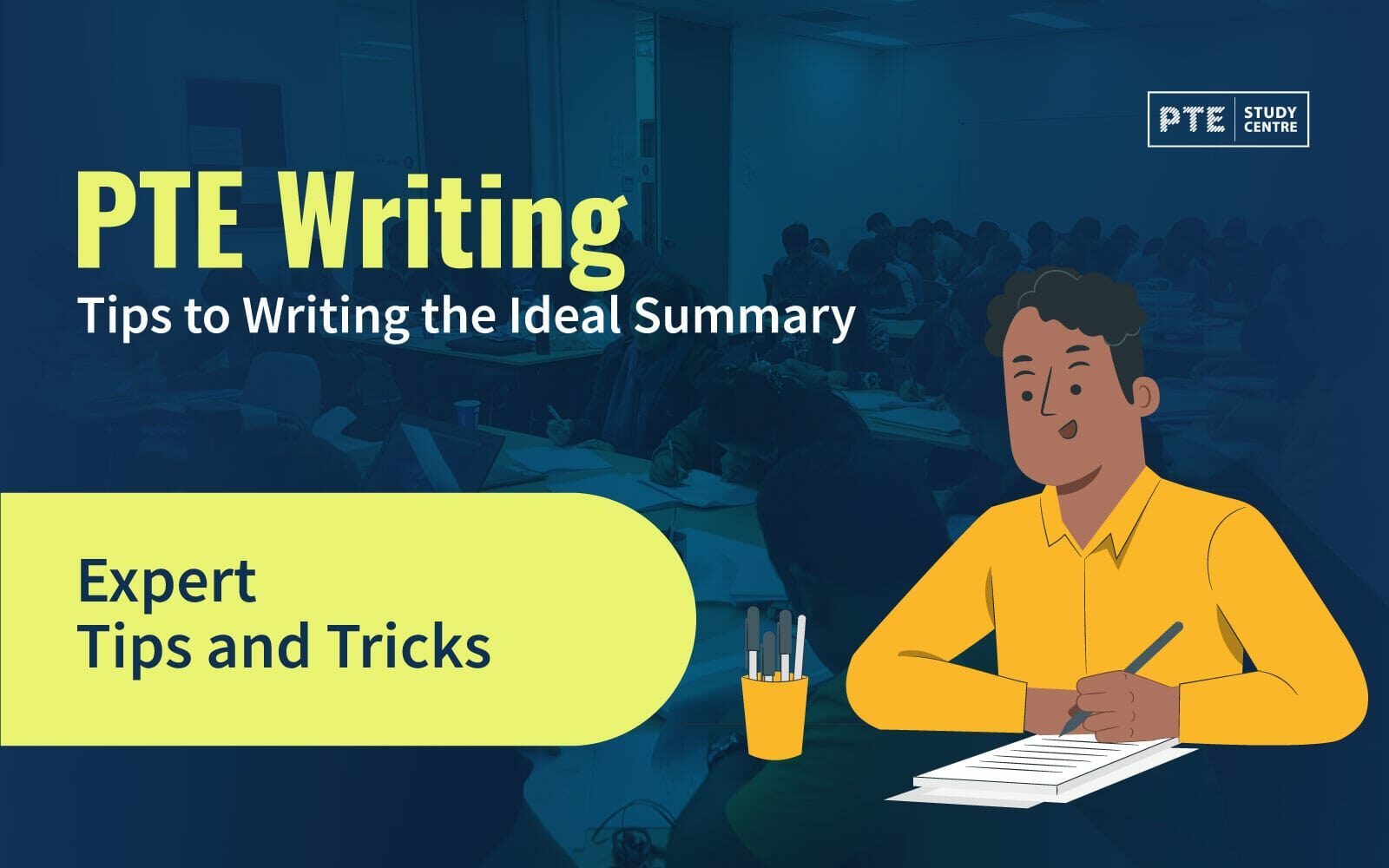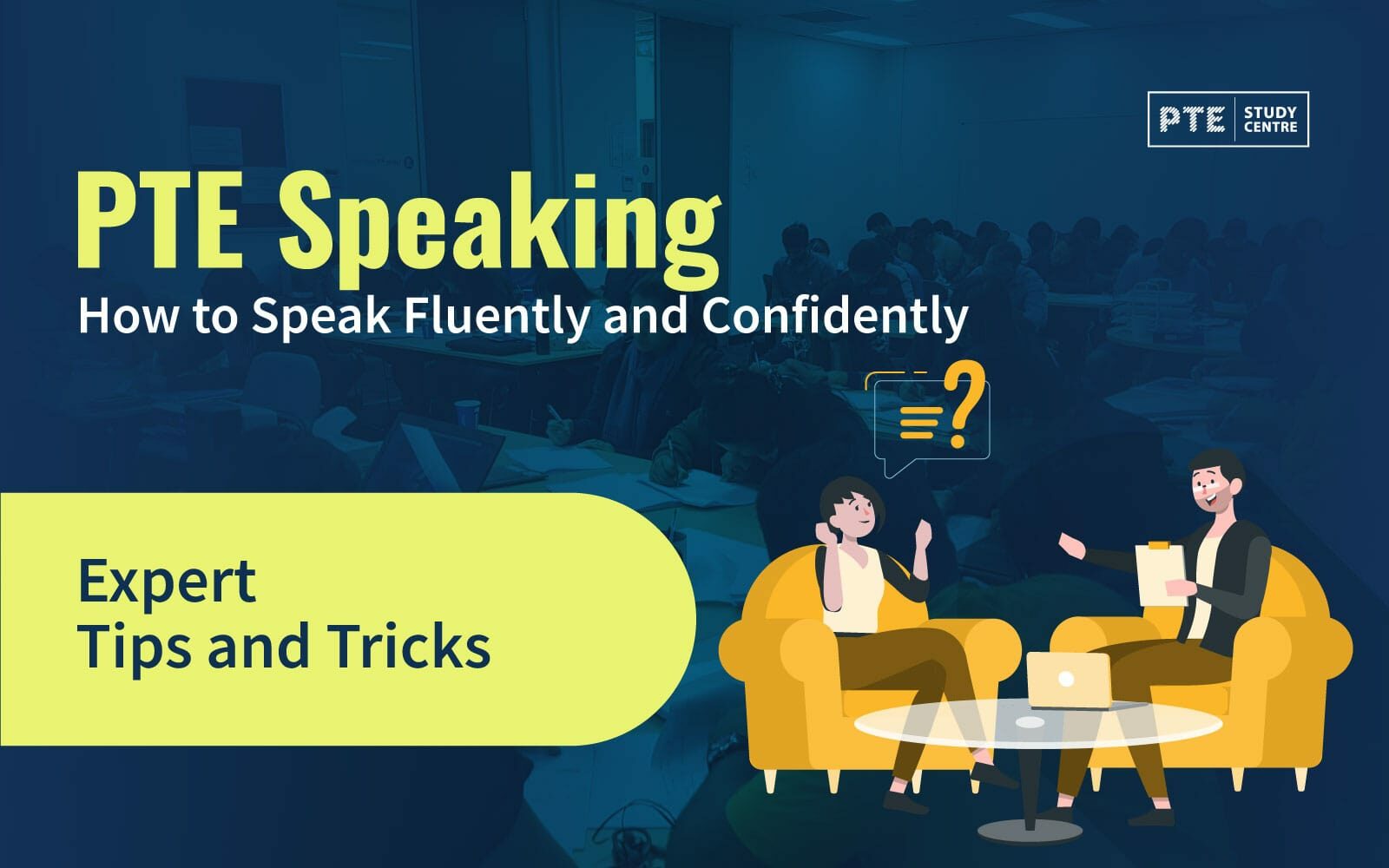Building a strong PTE vocabulary is crucial for success in the PTE exam. However, relying solely on memorizing word lists can be limiting and ineffective. In this blog post, we will explore effective strategies to revolutionize your PTE vocabulary building. We’ll highlight the limitations of word lists and emphasize the significance of engaging with authentic language materials. Additionally, we’ll provide valuable tips on developing a daily reading habit to enhance your PTE vocabulary and improve your understanding of word usage in context.
The Limitations of Memorizing Word Lists

Memorizing word lists has been a common approach for vocabulary building. However, it often falls short in fully preparing you for the PTE exam. Here are some limitations to consider:
- Lack of Context: Word lists provide isolated vocabulary without contextual information. Understanding how words are used in different contexts is essential for the PTE exam.
- Limited Application: Word lists offer a finite set of words, while the PTE exam requires a broad vocabulary. Relying solely on memorized words may hinder your ability to comprehend complex passages or respond to diverse question types.
Embracing Authentic Language Materials

To truly excel in the PTE exam, it’s crucial to engage with authentic language materials. Here’s why:
- Exposure to Real Language: Books, magazines, and newspapers expose you to real-life language usage, including idiomatic expressions, collocations, and nuanced meanings. This exposure enhances your ability to understand and use words effectively.
- Contextual Learning: Authentic materials provide rich context, allowing you to grasp word meanings and usage in real-life situations. This context-based learning fosters a deeper understanding of words and their appropriate application.
Developing a Daily Reading Habit

To make the most of authentic language materials, cultivating a daily reading habit is vital. Consider the following tips:
- Choose Relevant Content: Select reading materials that align with the PTE exam topics, such as articles related to education, technology, or current affairs. This ensures you encounter vocabulary relevant to the exam.
- Set Realistic Goals: Start with achievable reading targets and gradually increase the difficulty level and reading volume. Consistency is key to making progress.
- Use Context Clues: When encountering unfamiliar words while reading, use context clues to deduce their meanings. Pay attention to surrounding words, sentence structure, and overall context.
- Note and Review: Maintain a vocabulary journal to jot down new words and their definitions. Regularly review and revise the words to reinforce your learning.
To revolutionize your PTE vocabulary building, move beyond the limitations of word lists. Embrace authentic language materials, such as books, magazines, and newspapers, to expand your vocabulary and understand word usage in context. Developing a daily reading habit will enhance your language skills and prepare you comprehensively for the PTE exam. By implementing these effective strategies, you’ll build a strong foundation of vocabulary and increase your chances of success.
Remember, revolutionizing your PTE vocabulary building is a continuous process. Embrace the power of authentic language resources and make reading a part of your daily routine. Unlock your full potential and excel in the PTE exam with a robust and contextualized vocabulary. Be sure to follow us for more important updates on PTE.




